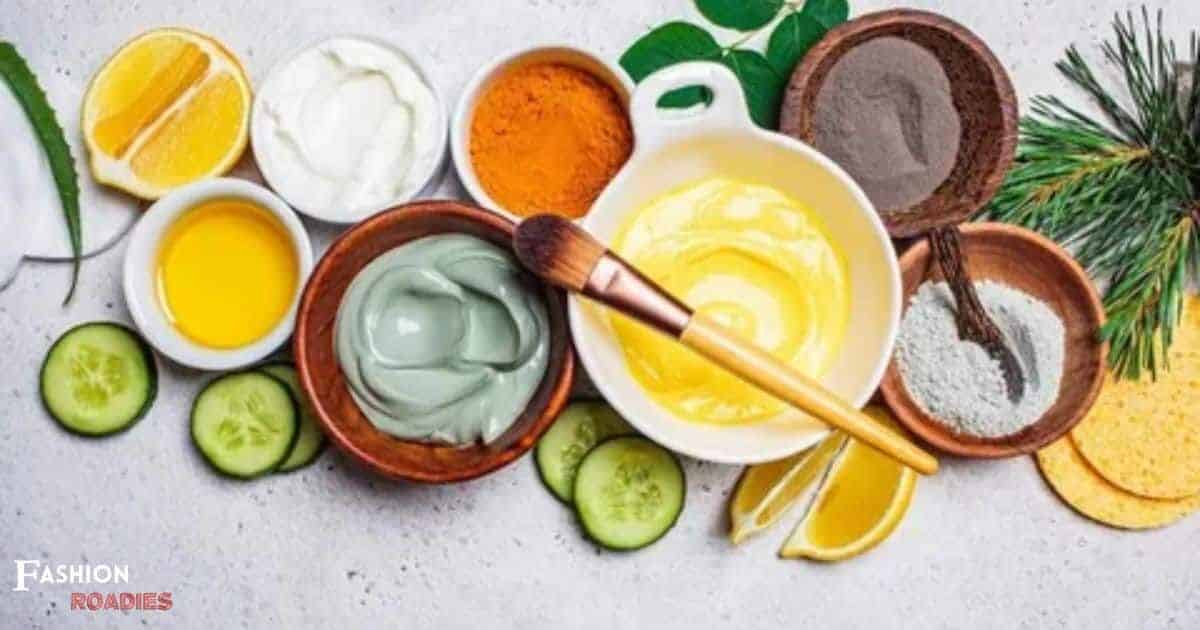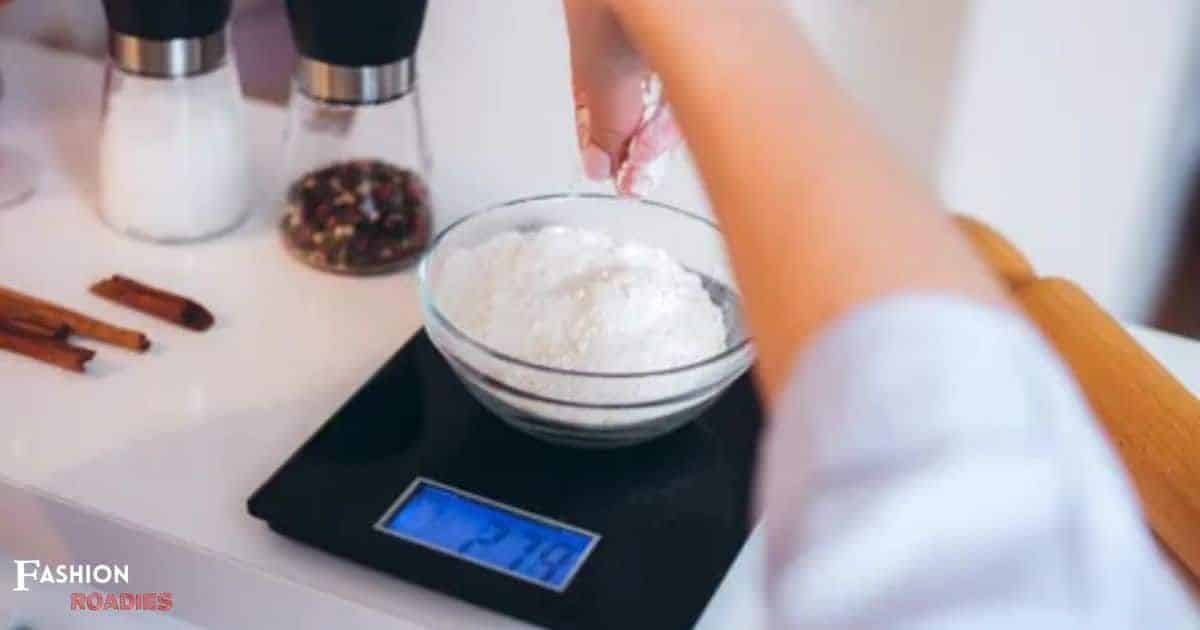Looking to take your skincare routine into your own hands? Look no further! In this informative guide, we will show you how to create your own skin care products using natural ingredients. From choosing the right formula to measuring ingredients correctly, our evidence-based tips and techniques will help you achieve healthier, glowing skin. Say goodbye to store-bought products and hello to a personalized skincare routine that will make you feel like a beauty expert. Let’s dive in!
Key Takeaways
- Choose the optimal skincare formula based on factors like skin type, concerns, and desired outcomes
- Incorporate a natural preservative system to prevent spoilage and exte
nd the shelf-life of homemade skincare products
- Select containers based on material compatibility, product stability, and ease of use, with glass containers being preferred
- Accurately assess market demand to produce the right amount of skincare products and minimize waste.
Choosing the Right Homemade Skincare Formula
When selecting a homemade skincare formula, it is crucial to carefully evaluate a range of options to ensure that the optimal formula is chosen for achieving desired skincare goals. With the increasing popularity of DIY skincare, it is important to understand the different ingredients and their effects on the skin. One should consider factors such as skin type, concerns, and desired outcomes. For example, individuals with dry skin may benefit from ingredients like shea butter or jojoba oil, which provide long-lasting hydration. On the other hand, those with oily or acne-prone skin may opt for formulas containing tea tree oil or witch hazel, known for their antibacterial properties. Additionally, it is essential to research and use evidence-based recipes from reliable sources to ensure safety and efficacy. By carefully evaluating options, one can create a personalized skincare formula that meets their specific needs and contributes to healthy, radiant skin.
Adding a Natural Preservative System
To ensure long-lasting freshness and prevent microbial growth, it is essential to regularly and proactively incorporate a natural preservative system into homemade skincare products. While natural ingredients offer numerous benefits for our skin, they can also be prone to spoilage if not properly preserved. By adding a natural preservative system, you can maintain the integrity and potency of your homemade skincare products, ensuring they remain safe and effective for longer periods. Here are three reasons why incorporating a natural preservative system is crucial:
- Safety: Natural preservatives help protect against harmful bacteria, fungi, and other microorganisms that can lead to contamination and potential skin infections.
- Shelf-Life: By adding a natural preservative system, you can extend the shelf-life of your homemade skincare products, allowing you to enjoy their benefits for a longer time.
- Quality: A natural preservative system helps maintain the quality and efficacy of your skincare products, ensuring that they deliver the desired results consistently.
Belonging to a community of like-minded individuals who prioritize natural skincare, incorporating a natural preservative system into your homemade products demonstrates your commitment to safety, longevity, and quality.
Selecting the Correct Container
When choosing the correct container for your homemade skincare products, it is important to consider factors such as material compatibility, product stability, and ease of use. The container plays a crucial role in preserving the quality and effectiveness of your skincare formulations. Glass containers are often preferred for their compatibility with various ingredients and their ability to maintain product stability. Glass is non-reactive, meaning it won’t interact with your skincare products and alter their composition. Additionally, glass containers provide a higher level of protection against light and air, which can degrade the potency of certain ingredients. Plastic containers, on the other hand, may be more convenient and lightweight but are not as durable and may leach chemicals into your products. Ultimately, the choice of container depends on the specific needs of your skincare formulations, ensuring that they remain safe, effective, and enjoyable to use.
Producing the Right Amount
In order to maintain cost efficiency and minimize waste, it is crucial for skincare manufacturers to carefully assess market demand and accurately produce the right amount of their products. By doing so, they can avoid excessive inventory, reduce production costs, and meet customer expectations. Here are three key reasons why producing the right amount of skincare products is important:
- Cost Efficiency: Producing an excessive amount of products leads to higher manufacturing costs, storage expenses, and potentially unsold inventory. By accurately forecasting market demand and producing the right quantity, manufacturers can optimize their resources and minimize financial losses.
- Minimizing Waste: Overproduction in the skincare industry can lead to excessive waste, including expired or unsold products. By producing the right amount, manufacturers can reduce waste and contribute to a more sustainable and environmentally friendly business model.
- Meeting Customer Demand: Producing the right amount of skincare products ensures that customers can easily access the products they need without facing shortages or long wait times. This helps build customer loyalty and satisfaction, as they feel valued and supported by the brand.
Measuring Ingredients Correctly
Accurate measurement of ingredients is essential in ensuring the quality and effectiveness of skincare products. Whether you are making your own skincare products at home or purchasing them from a reputable brand, precise measurements are crucial for achieving the desired results. When ingredients are not measured correctly, the formulation may be ineffective or even harmful to the skin. For example, using too much of an active ingredient can cause skin irritation, while using too little may render the product ineffective. Additionally, accurate measurements allow for consistency in product performance, ensuring that each batch delivers the same benefits. To achieve accurate measurements, it is recommended to use a digital scale or measuring spoons and cups specifically designed for skincare formulation. Following measurement guidelines provided by reputable sources or skincare experts can help you create high-quality products that truly benefit your skin.
Following Usage Recommendations
For optimal results, it is important to carefully follow the usage recommendations provided by skincare experts and reputable sources. These recommendations are based on scientific research and aim to maximize the benefits of your skincare products while minimizing any potential risks. By adhering to these guidelines, you can ensure that you are using the products correctly and effectively. Here are three reasons why following usage recommendations is crucial:
- Safety: Skincare products are formulated with specific ingredients and concentrations to achieve certain results. Deviating from the recommended usage may lead to adverse reactions or skin irritation.
- Effectiveness: Skincare products work best when used as directed. Following the recommended usage allows the active ingredients to penetrate the skin properly and deliver the desired benefits.
- Consistency: Consistently following the usage recommendations ensures that you are incorporating the product into your skincare routine correctly, increasing the chances of seeing noticeable improvements in your skin’s health and appearance.
Measuring and Adapting Ph
Furthermore, it is essential to regularly measure and adapt the pH of your skincare products to ensure optimal efficacy and compatibility with your skin’s natural pH balance. The pH level of your skin plays a crucial role in maintaining its health and appearance. The skin’s natural pH is slightly acidic, ranging from 4.5 to 5.5, which helps to keep it moisturized and protected. Using skincare products with a pH that aligns with your skin’s natural pH can help maintain its balance and prevent irritation or damage. To measure the pH of make your own skincare products, you can use pH testing strips or pH meters. If the pH of a product is too high or too low, it may disrupt the skin’s barrier function and lead to issues such as dryness, redness, or breakouts. By regularly monitoring and adjusting the pH of your skincare products, you can ensure they are working optimally and supporting the health of your skin.
Frequently Asked Questions
Can I Use Essential Oils in My Homemade Skincare Products?
Yes, essential oils can be used in homemade skincare products. However, it is important to research and understand the properties and potential side effects of each oil, as well as dilution guidelines, to ensure safe and effective use.
How Long Do Homemade Skincare Products Typically Last Before They Expire?
Homemade skincare products typically last for about 3-6 months before they expire. Factors such as the ingredients used, storage conditions, and exposure to air and sunlight can affect their shelf life.
What Are Some Common Natural Preservatives That Can Be Used in Homemade Skincare Products?
Some common natural preservatives used in homemade skincare products include essential oils like rosemary, tea tree, and lavender, as well as vitamin E oil and grapefruit seed extract. These ingredients help extend the shelf life and prevent bacterial growth.
Is It Necessary to Use Specific Containers for Storing Homemade Skincare Products?
It is important to use specific containers for storing homemade skincare products to maintain their quality and effectiveness. Proper containers, such as dark glass bottles and airtight jars, can help preserve the product’s integrity and prevent contamination.
How Do I Determine the Ph of My Homemade Skincare Products and Adjust It if Needed?
To determine the pH of homemade skincare products, you can use pH test strips or a pH meter. Adjust the pH if needed by adding small amounts of acidic or alkaline ingredients. It is important to maintain a balanced pH for the skin’s health and effectiveness of the product.
Conclusion
In conclusion, creating your own skincare products can be a rewarding and cost-effective way to take care of your skin. By choosing the right formula, preservative system, and container, and following usage recommendations, you can tailor your skincare routine to meet your specific needs. Remember to measure ingredients correctly and adapt the pH level if necessary. With a little knowledge and creativity, you can enjoy the benefits of homemade skincare products that are both effective and natural.

 nd the shelf-life of homemade skincare products
nd the shelf-life of homemade skincare products







